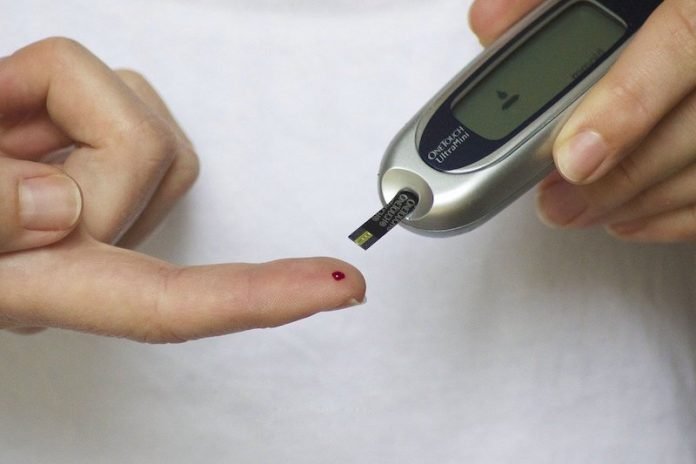
Scientists found that certain virus infections may play a part in the autoimmune attack that leads to type 1 diabetes.
In a new study, researchers have now produced a vaccine for these viruses in the hope that it could provide protection against the disease.
The research was conducted by a team at Karolinska Institutet in Sweden and elsewhere.
While an estimated 50,000 Swedes live with type 1 diabetes (sometimes known as juvenile diabetes), the causes of the disease remain unknown.
There is a genetic component, but also environmental factors are needed for the disease to develop.
One such factor believed to be significant in type 1 diabetes is infections caused by a very common group of enteroviruses.
The sub-group in question is the Coxsackie B (CVB) family and it comprises of six strains that can give rise to the common cold.
However, CVBs can also cause more serious infections leading to diseases including myocarditis and meningitis.
One hypothesis suggests that CVBs play a part in the development of type 1 diabetes.
The disease is characterized by an autoimmune attack on the insulin-producing beta cells in the pancreas and it is possible that the virus infection somehow initiates this attack by the immune system.
Epidemiological studies, in which children with a genetic risk profile for type 1 diabetes were monitored by blood tests over a period of many years, indicate that CVBs could be a pathogenic contributor.
There are also autopsy observations suggesting that CVBs might be involved in the development of type 1 diabetes.
This, however, remains hypothetical as the connection is yet to be proven, albeit it is a hypothesis that is well-established amongst diabetes researchers.
In the study, the team produced a vaccine that protects against all six known strains of CVB.
The vaccine was tested in different animal models and was shown to protect mice infected with CVB from developing virus-induced type 1 diabetes.
The researchers then tested the vaccine in rhesus monkeys that have very similar genetics to humans. In these animals, the vaccine worked well and induced antibodies to CVB suggesting it could protect against the virus.
Assuming the vaccine is safe in initial clinical trials, the plan is to use the vaccine in children with a genetic risk profile for type 1 diabetes.
The researchers write that if the number of children that develop type 1 diabetes decreases after vaccination or if none develop the disease it will confirm that CVBs are a triggering environmental factor.
One author of the study is Professor Heikki Hyöty from Tampere University.
The study is published in the scientific journal Science Advances.
Copyright © 2020 Knowridge Science Report. All rights reserved.



